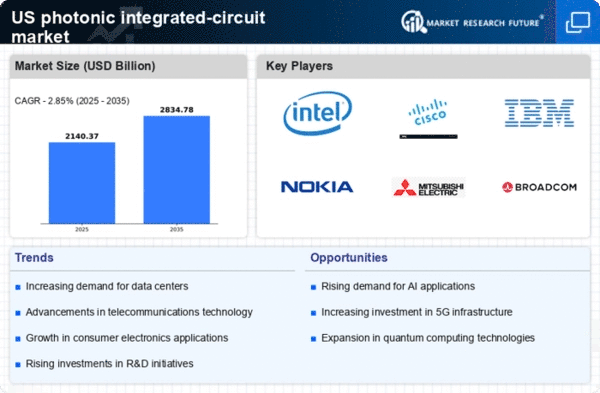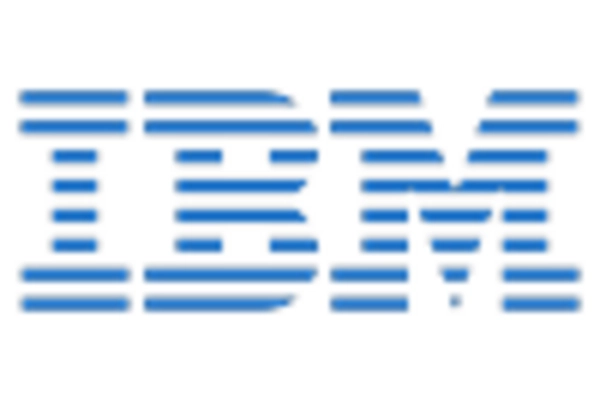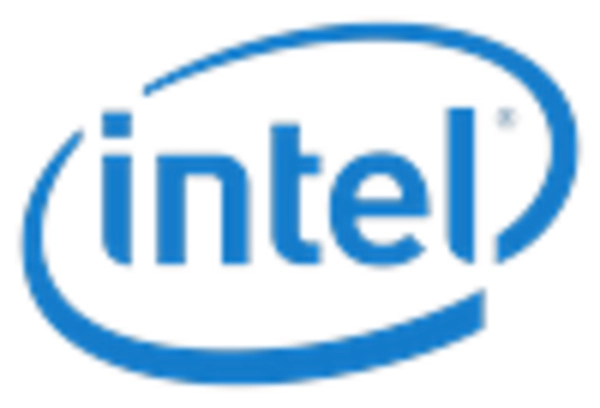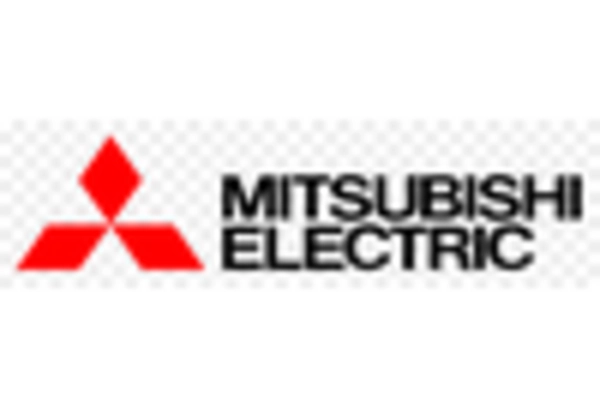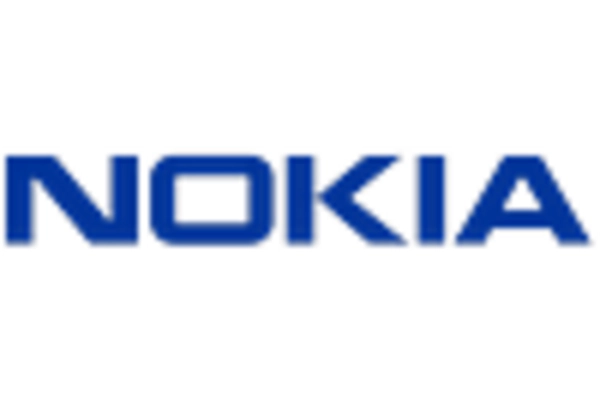Surge in Data Traffic
The photonic integrated-circuit market is experiencing a surge in data traffic, driven by the increasing reliance on cloud computing and data centers. As organizations in the US expand their digital infrastructure, the demand for high-speed data transmission becomes paramount. Photonic integrated circuits, known for their ability to handle vast amounts of data at high speeds, are becoming essential components in this landscape. According to recent estimates, data traffic is projected to grow at a CAGR of over 25% in the coming years, necessitating advanced solutions that photonic integrated circuits can provide. This trend indicates a robust growth trajectory for the photonic integrated-circuit market, as companies seek to enhance their network capabilities and meet the demands of modern applications.
Advancements in Telecommunications
The telecommunications sector is undergoing significant advancements, which is positively impacting the photonic integrated-circuit market. With the rollout of 5G technology across the US, there is an increasing need for efficient and high-capacity communication systems. Photonic integrated circuits are well-suited for 5G applications due to their ability to support high-frequency signals and reduce latency. The market for 5G infrastructure is expected to reach approximately $300 billion by 2025, creating substantial opportunities for photonic integrated-circuit manufacturers. As telecommunications companies invest heavily in upgrading their networks, the demand for photonic integrated circuits is likely to rise, further propelling market growth.
Growing Adoption in Consumer Electronics
The consumer electronics sector is increasingly adopting photonic integrated circuits, which is driving growth in the market. Devices such as smartphones, tablets, and smart home products are incorporating advanced optical technologies to enhance performance and energy efficiency. The market for consumer electronics is projected to exceed $1 trillion in the US by 2026, with a notable shift towards integrating photonic solutions. This trend suggests that manufacturers are recognizing the benefits of photonic integrated circuits in improving device capabilities, such as faster data processing and reduced power consumption. Consequently, the photonic integrated-circuit market is likely to benefit from this growing adoption, as more consumer products leverage optical technologies.
Regulatory Support for Photonic Technologies
Regulatory support for photonic technologies is emerging as a key driver for the photonic integrated-circuit market. The US government is increasingly recognizing the importance of photonics in enhancing national infrastructure and competitiveness. Initiatives aimed at promoting research and commercialization of photonic technologies are being implemented, which could lead to favorable policies and funding opportunities. For example, recent legislation has allocated millions of dollars to support photonic research initiatives. This regulatory environment is likely to encourage innovation and investment in the photonic integrated-circuit market, as companies seek to align with government priorities and capitalize on available resources.
Increased Investment in Research and Development
Investment in research and development (R&D) within the photonic integrated-circuit market is on the rise, as companies strive to innovate and enhance their product offerings. The US government and private sector are allocating substantial funds towards developing new photonic technologies, which could lead to breakthroughs in performance and efficiency. For instance, R&D spending in the semiconductor and photonics sectors is expected to grow by approximately 15% annually over the next few years. This influx of investment is likely to foster advancements in photonic integrated circuits, enabling the market to evolve and meet the demands of various industries, including telecommunications, healthcare, and automotive.

